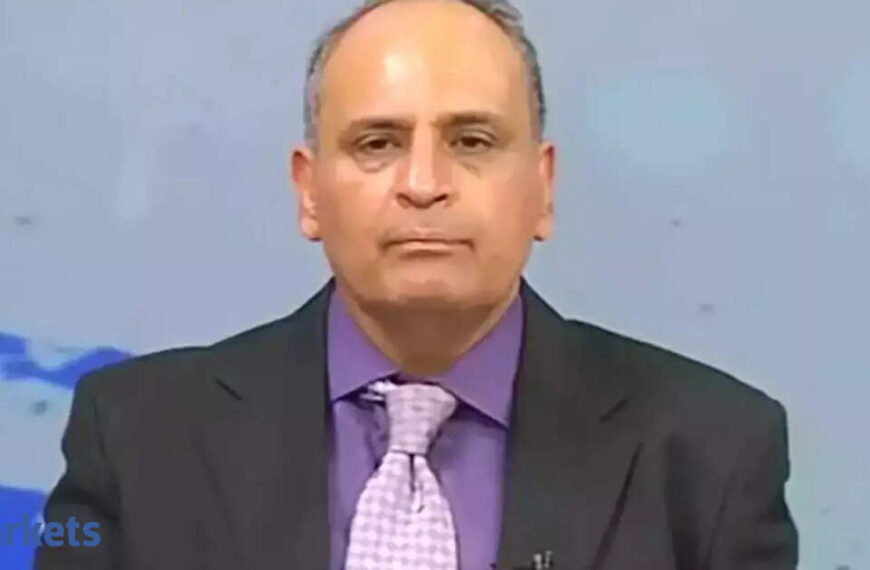Here’s what to expect:
1) ESOP clarification:
Under current regulations, startup founders must be classified as promoters at the time of filing IPO documents. Once labeled promoters, they are no longer eligible to receive Employee Stock Options (ESOPs).
However, Sebi believes the existing rules do not clearly specify whether founders—who received ESOPs before being classified as promoters—can exercise their vested and unvested options after the IPO.
Founders of many new-age tech startups often receive ESOPs instead of salaries in the early stages to align their interests with shareholders. But as these companies raise capital from external investors, founders’ stakes tend to get diluted.
On March 20, 2025, Sebi released a consultation paper seeking public feedback on the need to clarify whether ESOPs granted before filing the Draft Red Herring Prospectus (DRHP) can be exercised if the founder is later classified as a promoter.
2) Cooling-off period for IPOs:
Sebi is also considering introducing a one-year cooling-off period between the grant of ESOPs and the filing of IPO papers, according to an ET report. The regulator believes issuing share-based benefits shortly before an IPO could be open to misuse.
3) PSU delisting:
The board, chaired by Tuhin Kanta Pandey, may also discuss creating a separate framework to allow public sector undertakings (PSUs) to voluntarily delist from stock exchanges—if the government holds more than 90% stake.
The proposal stems from Sebi’s view that some PSUs suffer from thin public float, weak financials, or limited future prospects due to outdated products or strategic asset sales.
In May, Sebi floated a discussion paper proposing such a carve-out mechanism for PSU delisting where the government or promoter group owns at least 90% of shares.
4) Compliance for FPIs investing in IGBs:
Sebi may consider simplifying compliance requirements for Foreign Portfolio Investors (FPIs) investing solely in Indian Government Bonds (IGBs) via the Voluntary Retention Route (VRR) and the Fully Accessible Route (FAR). The move aims to attract more long-term bond investors to the Indian debt market, sources said.
5) QIP disclosure norms:
The board could also take up a proposal to rationalise the disclosure requirements for Qualified Institutions Placement (QIP) documents. The plan would limit disclosure to only information relevant to the issue, people familiar with the matter said. Currently, issuers must adhere to detailed disclosure norms under the Issue of Capital and Disclosure Requirements (ICDR) regulations.
(Disclaimer: Recommendations, suggestions, views and opinions given by the experts are their own. These do not represent the views of Economic Times)















